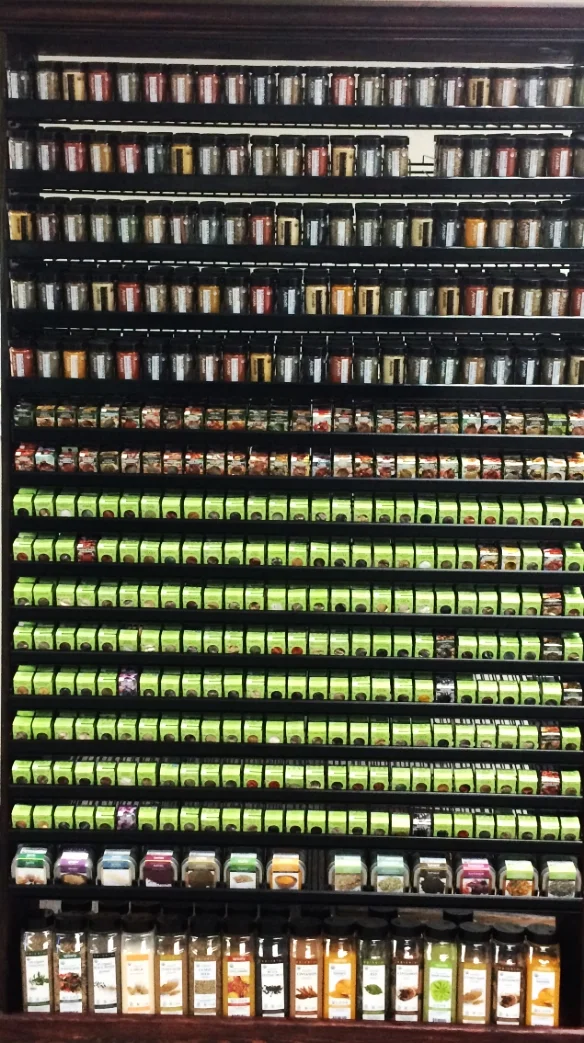While consumer ecommerce is getting more and more sophisticated, online B2B commerce lags behind. Yet the case for B2B ecommerce has never been stronger. Forrester Research reports that moving your B2B customers from offline to online ordering channels delivers significant competitive advantages, including decreased customer acquisition costs, higher average order value, ability to service more accounts, increased customer lifetime value, and an 80% decrease in commerce related error. With such clear benefits, B2B ecommerce is on its way to becoming universally adopted.
OSI has created a powerful B2B ecommerce portal for NetSuite SuiteCommerce customers. The portal extends NetSuite’s capabilities into an intuitive user experience that helps sell more products, retain more B2B customers, and helps inside sales reps focus on high value activities rather than on manual processes.
Key Features include:
Branded User Experience
The B2B portal reflects your brand, with a user experience comparable to best-in-class consumer sites.The B2B portal allows you to market to your B2B customers, and gives them the opportunity to explore, browse, download files and research products. That ease of use translates to higher average order value.
Order Placement and Tracking
B2B customers can place and then track orders throughout the shipment process, taking the burden off your customer service reps. This streamlined sales support process allows you to deliver consistent levels of service at scale.
Invoice Payment and COA downloads
B2B customers can make payments using credit cards. And they can download certificate of analysis on placed and fulfilled orders. Once the account is set up, it’s completely self-service. Which means you can service any size account - from small, low volume accounts to large, high volume accounts.
Shopping Lists
The B2B ecommerce portal saves previously placed orders for simple checkout. Shopping lists make it easy to access frequently ordered sets of products and also help manage seasonal inventory needs. Sample and Quote request function also available
View Recent Order and Invoices
Customers/Partners can view and download orders as well as invoices, giving them full control over their entire business processes.
Please contact your OSI account executive for a live demo of OSI B2B Portal








![[MADE] Charcuterie With Organic Spices](https://images.squarespace-cdn.com/content/v1/5282e5f8e4b05ddf097866b8/1395243391982-03PQAOZE19EET91S6GXL/OSI_blog.jpg)

